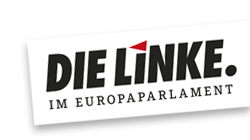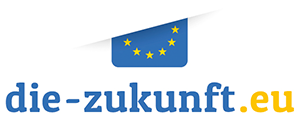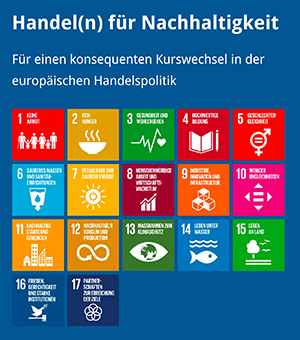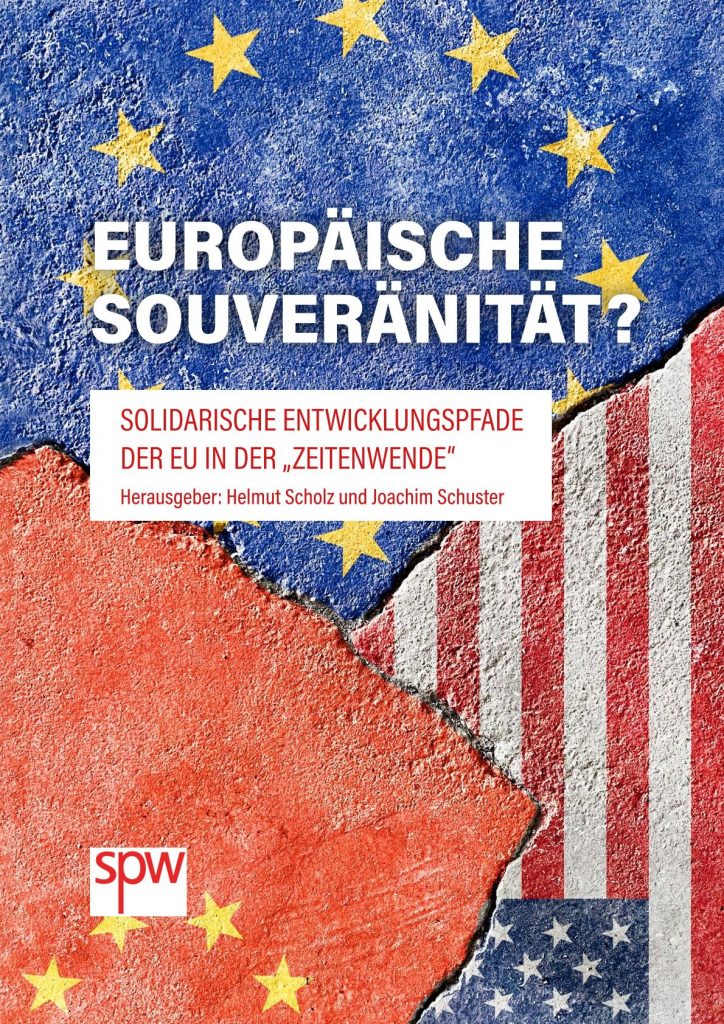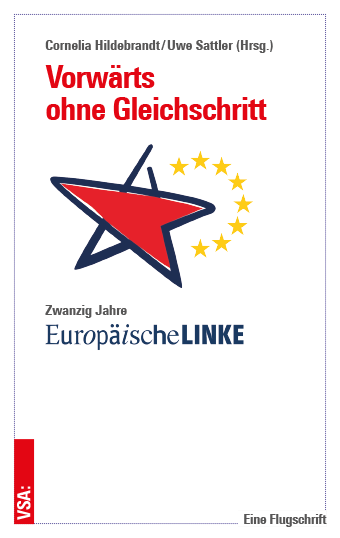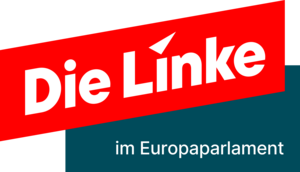GUE/NGL
Points of Reflection on Citizens Initiative
Introduction
The Lisbon Treaty introduces a so-called Citizens Initiative. If 1 million signatures are collected then the Commission will consider putting forward a proposal to give effect to the subject of the initiative.
The Commission proposal for a regulation and the Council Common Approach both indicate fear of the initiative. Both Council and Commission focus more on the technical and administrative issues around the initiative and tend towards restricting and limiting the initiatives which can be undertaken, the people who may promote an initiative and the people who may support it.
The Commission and Council positions would suggest that their authors are unlikely to have stood on a high street collecting signatures. By their respective approaches there is a risk in neutering the ECI limiting its democratic potential.
The GUE/NGL approach
The approach of the group is the development of the citizens initiative in order to empower people and communities.
Make the process as open as possible
Allow citizens initiative to be on as broad a range of subjects as possible while respecting the Charter of Fundamental Rights and in particular Article 21 thereof1.
A mechanism should be developed by the EU to provide for initiatives on issues which involve Treaty change. Such initiativees would not be addressed to the Commission and the Commission would have no responsibility to act.
Make the process as accessible as possible
The Citizens Initiative should be developed in such a way as to encourage the maximum participation of people in the EU. Non-nationals should be encouraged to participate. Young people should be encouraged to engage in active citizenship.
Ensure that the EU institutions and member states can not present political or administrative obstacles to initiatives
Make it as easy as possible for initiatives to register and to collect signatures.
No ID card numbers.
Name, address and phone number should be sufficient information for signatories to give.
Ensure that citizens know that their initiative will be acted upon if it succeeds and is based on the Treaties
At present there is no obligation upon the European Commission to act if an initiative succeeds in gathering a million signatures. Why collect a million signatures when it has the same effect as sending a letter to the Commission?
Subject of initiative
Initiatives on a wide range of subjects should be allowed while respecting the Charter of Fundamental Rights and in particular Article 21 thereof.
Treaty Change
If an initiative addresses an issue which would require a treaty change then the Commission should advise the organisers of the initiative that they will be unable to present a legislative proposal (as there is no Treaty base for doing so). It would be then up to the organisers of the initiative if they wish to continue to collect signatures with a view to politically or legally challenging the Commissions advice or if they wish to use the initiative to generate pressure to bring about a change to the Treaties.
Negative Initiatives
Part of what EU citizens are likely to want is to ensure that the EU does not act in certain areas (eg. liberalisation of public services). Successful initiatives demanding that the EU does not act should be referred to in all subsequent proposals by the European Commission on that issue.
Reversal of EU legislation
Initiatives to reverse EU legislation should be allowed.
The organisers will be aware of the difficulty in reversing EU policy, or rescinding a given Directive which has already gone through a legislative process, but the organisers may wish to use the citizens initiative as part of a broader campaign against a particular aspect of EU legislation.
Obligation on the Commission
The Lisbon Treaty places no obligation on the Commission to act on the basis of a successful Citizens Initiative (one gaining 1 million signatures).
The European Parliament should amend the proposed regulation to oblige the Commission to present a legislative proposal if it within its powers to do so (ie. if there is a Treaty basis for such a proposal)
The Parliament and the Council are under no obligation to adopt the proposal, but at least the promoters would be guaranteed legislative consideration of their initiative.
If there is no Treaty basis for the Commission to present a proposal they should explain their reasoning and invite the promoters of the initiative to pursue their objectives by other means. The European Parliament could play a role in examining such initiatives.
Parliament action
The European Parliament could outline a procedure whereby it deals with all successful initiatives.
If there is a proposal from the Commission then it will deal with the issue by the normal legislative process.
If there is not a proposal from the Commission (because there is no Treaty basis for making such a proposal) then an alternative procedure could be outlined. This could be by means of a plenary debate (with resolution), by discussing the proposal in a Parliamentary Committee and preparing of a report on the subject of the initiative, by organising a hearing of the European Parliament (in which the promoters are invited to participate), or some other parliamentary mechanism.
Registration and admissibility
There should be a procedure by which potential promoters can request an opinion on whether their initiative falls within the remit of the Treaties. If the view is negative then the promoters are at liberty to continue with the initiative in order to collect the 1 million signatures and on the basis of that mobilisation to challenge the opinion (legally and/or politically) or to promote a change to the Treaties.
The current proposal is for the Commission to decide upon admissibility after 300,000 signatures have been collected. This needs to be reduced dramatically.
If the only thing which has to be checked is whether or not the initiative is abusive or against democratic values, then it will streamline the registration process and relieve the Commission of an unnecessary administrative burden. It will also allow for admissibility to be decided on the basis of thousands of signatures instead of hundreds of thousands.
Number of member states
An initiative should demonstrate a cross-border dimension in a field where there is a basis for action in the Treaties.
We will support the lowest achievable number of member states.
Percentage of population
The 1 million signatures in themselves show sufficient interest.
We will support the lowest achievable percentage of the population of any given member state.
Minimum age
We will support the lowest achievable age in order to ensure the greatest openness and accessibility of the process and to provide young people with an instrument with which to influence EU policy and to encourage them to become active citizens.
Who can sign?
It would be an scandal if volunteers collecting signatures in the streets would have to target citizens and refuse non-nationals the opportunity to sign.
It should be possible to support initiatives regardless of nationality.
Verification and authentication
The process of collecting signatures should be as open as possible.
.
There is an unnecessarily bureaucratic approach to verification and authentication. The proposed process places an unnecessary burden on member states.
Time limit
The initiative should remain open for a period of time to be specified by the promoters of the initiative (within reason). This could be done by providing options (6, 12, 18 or 24 months).
Organisers should also have the opportunity to extend the time for the collection of signatures if they have a reasonable expectation of being able to achieve the required number of signatures through such an extension.
Organisers
Natural or legal persons should be able to organise an initiative. However, care must be taken to ensure that initiatives do not serve purely commercial interests.
Funding
It is important to have information on support and funding in order to avoid that companies are involved in promoting policies which would be of benefit to them. Information on the support and funding must be available on the website.
We should consider ways in which funding could be provided for initiative campaigns in order to ensure that it does not become an exclusive instrument of wealthy individuals or well-funded organisations.
Examination of citizens initiative
The Commission should examine a citizens initiative within eight weeks.
Member state parliaments are given eight weeks to react to legislative proposals from the Commission. This time should be sufficient for the Commission to react to Initiatives which involve a significant mobilisation of citizens over a relatively long period of time.
Citizens initiatives on same issue
There is no need to put in place rules to prevent the successive presentation of citizens initiatives on the same issue. However, a mechanism should be developed to encourage citizens to work together with others with similar objective rather than having a profusion of similar but ultimately unsuccessful initiatives.
.
Unsuccessful initiatives
Where an initiative does not reach the 1 million signature mark, there should be a procedure which acknowledges the effort.
There should be some acknowledgement of the issue which is being raised. It might be difficult to get 1 million signatures on issues which are genuinely European but which affect only a certain community (rural communities, coastal communities, islands, particular regions of the EU...)
The failure to achieve the 1 million signatures should lead to some other process. In this case the Commission could note the issue and bring it to the attention of the European Parliament, for example through the Petitions Committee.


